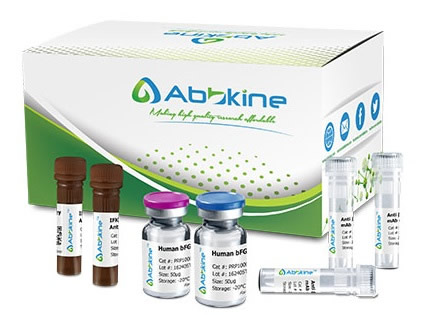Prostate-specific antigen (PSA), also known as gamma-seminoprotein or kallikrein-3 (KLK3), is a glycoprotein enzyme encoded in humans by the KLK3 gene. PSA is a member of the kallikrein-related peptidase family and is secreted by the epithelial cells of the prostate gland. PSA is produced for the ejaculate, where it liquefies semen in the seminal coagulum and allows sperm to swim freely It is also believed to be instrumental in dissolving cervical mucus, allowing the entry of sperm into the uteruPSA is present in small quantities in the serum of men with healthy prostates, but is often elevated in the presence of prostate cancer or other prostate disorders.[6] The United States Preventive Services Task Force (USPSTF, 2012) does not recommend PSA screening for prostate cancer, noting that the test may result in “overdiagnosis” and “overtreatment” because "most prostate cancer is asymptomatic for life" and treatments involve risks of complications including impotence (erectile dysfunction) and incontinence. The USPSTF concludes "the potential benefit does not outweigh the expected harms."PSA is not a unique indicator of prostate cancer, but may also detect prostatitis or benign prostatic hyperplasia. 30 percent of patients with high PSA have prostate cancer diagnosed after biopsy.
Canine Prostate specific antigen (PSA) ELISA Kit employs a two-site sandwich ELISA to quantitate PSA in samples. An antibody specific for PSA has been pre-coated onto a microplate. Standards and samples are pipetted into the wells and anyPSA present is bound by the immobilized antibody. After removing any unbound substances, a biotin-conjugated antibody specific for PSA is added to the wells. After washing, Streptavidin conjugated Horseradish Peroxidase (HRP) is added to the wells. Following a wash to remove any unbound avidin-enzyme reagent, a substrate solution is added to the wells and color develops in proportion to the amount of PSA bound in the initial step. The color development is stopped and the intensity of the color is measured.
Canine Prostate specific antigen (PSA) ELISA Kit listed herein is for research use only and is not intended for use in human or clinical diagnosis. Suggested applications of our products are not recommendations to use our products in violation of any patent or as a license. We cannot be responsible for patent infringements or other violations that may occur with the use of this product.
bio-equip.cn




